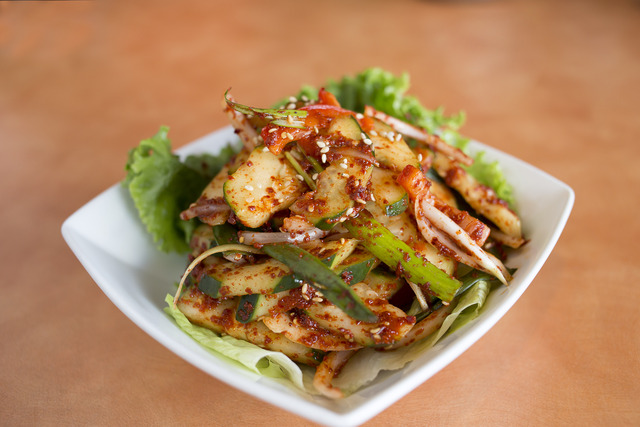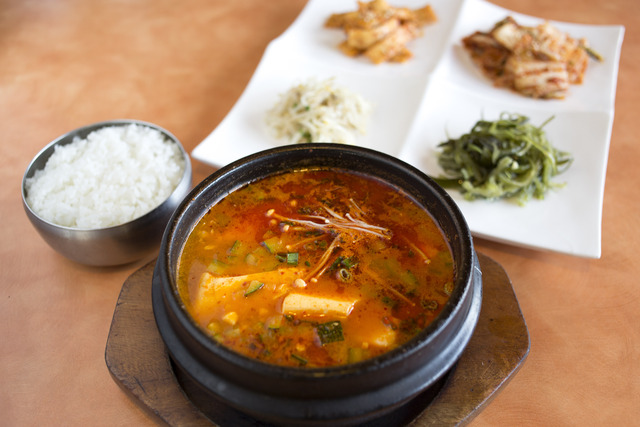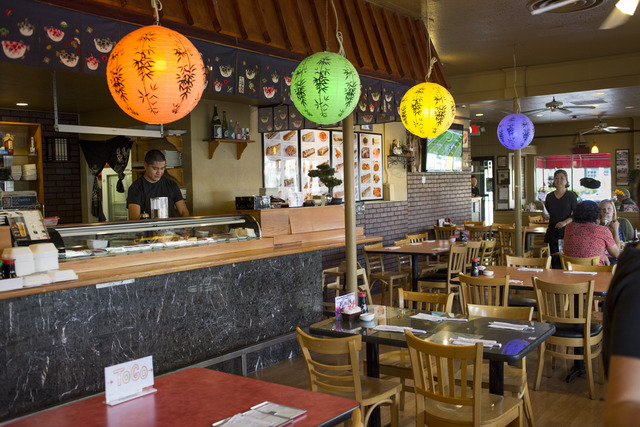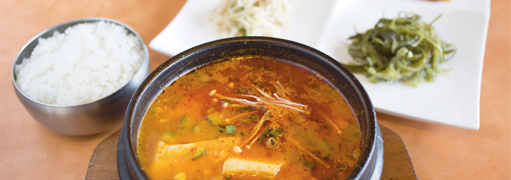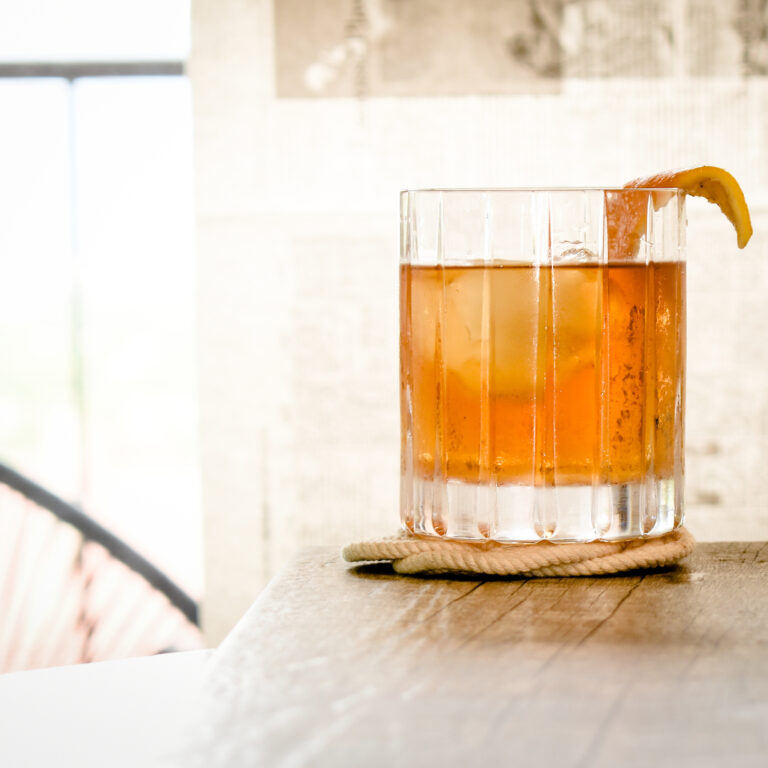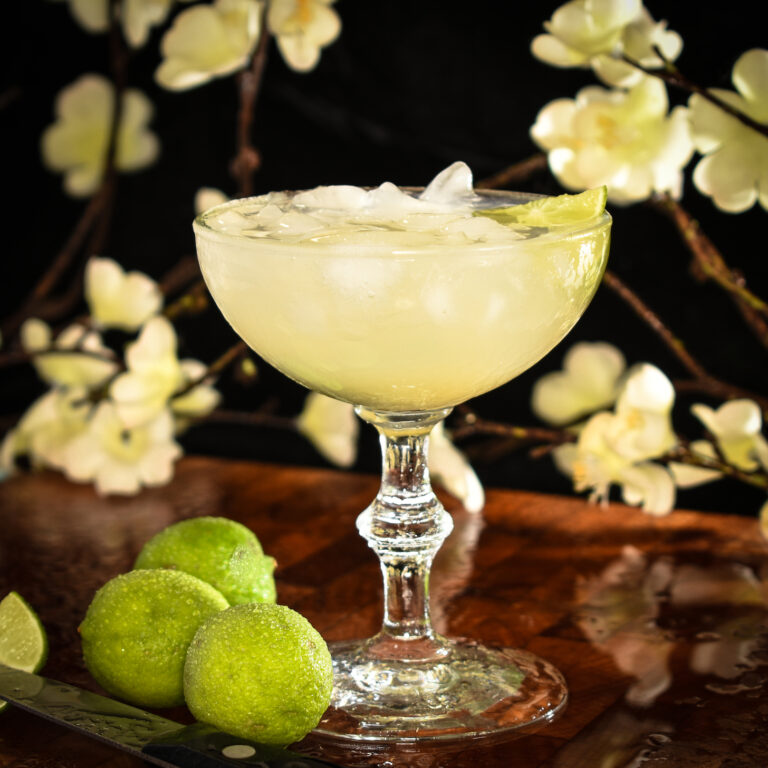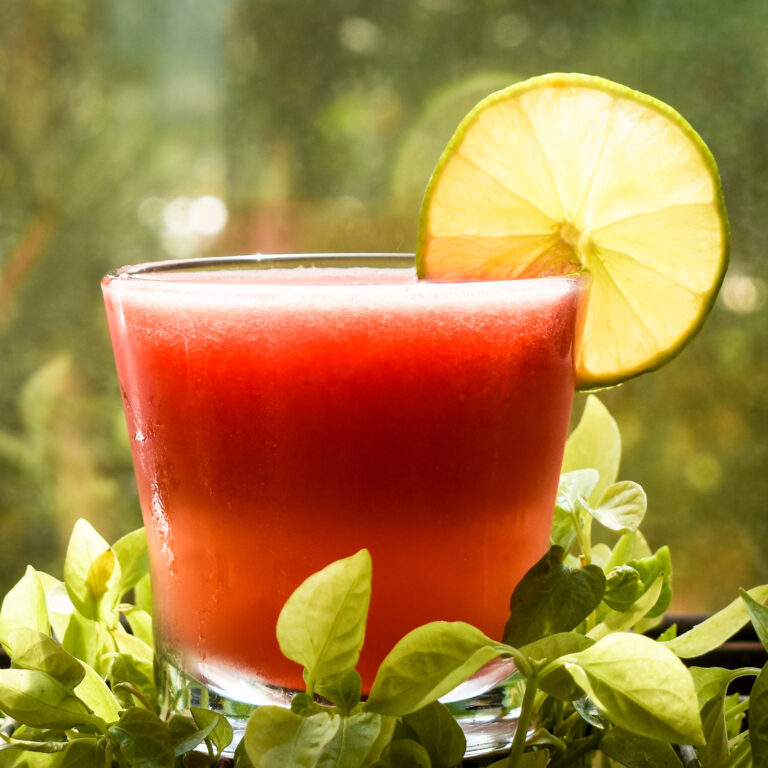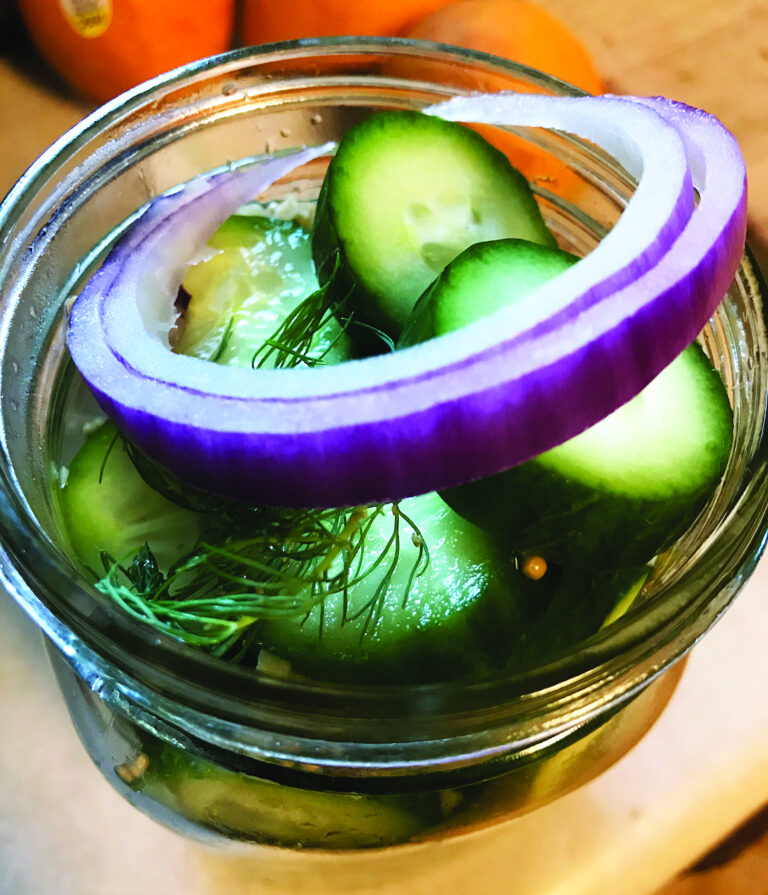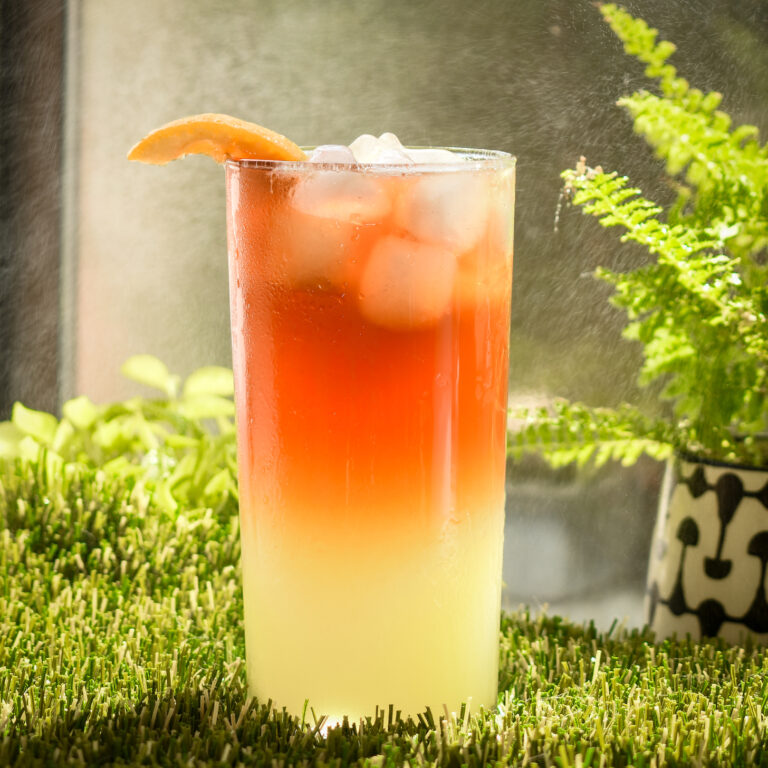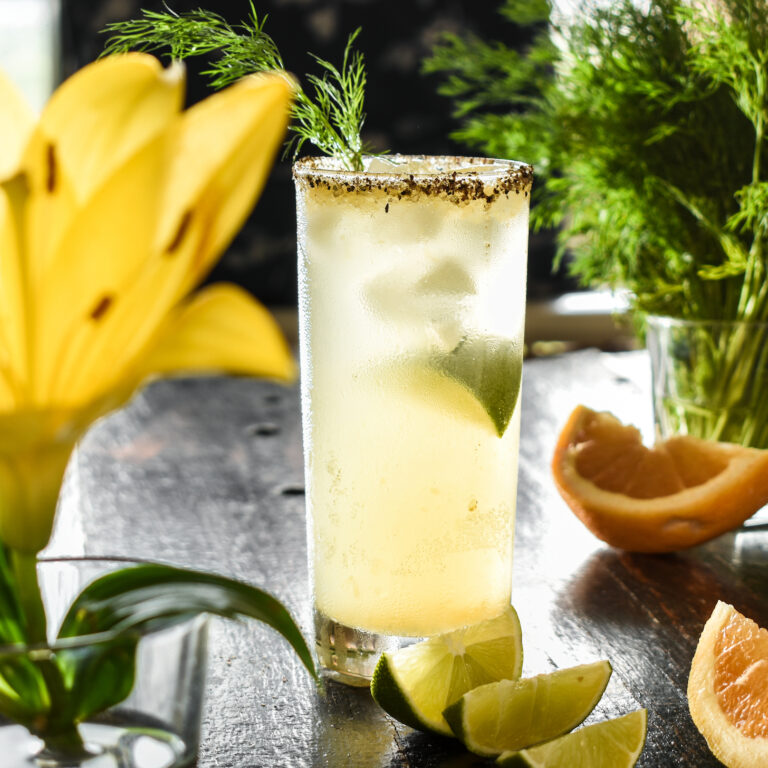Korea and Japan share a taste for seaweed and raw fish, among other areas of culinary common ground. This isn’t to say that the cuisines are identical. A big difference is the Korean taste for garlic, red chile and fermented things, which is less common in Japan. The Korean BBQ House and Sushi & Sake, on Central in Nob Hill, plies dishes from both sides of the Sea of Japan. After two delightful evenings spent on its patio, my preferences lean toward the Korean side of the menu.Many of the Korean entrées come with banchan, a revolving mix of little Korean appetizers including kimchi, a garlicky seaweed salad, pickled daikon radish, fried fish cake and tofu, among others. If straight-up kimchi is your game, both cabbage and cucumber options are available in small, medium and large. The cabbage option is standard, if well above average, while the cucumber kimchi is straight-up phenomenal. It doesn’t appear to be fermented, as the cucumbers are crispy, fresh and doused with vinegar. The thick cucumber slices are mixed with green onions and shards of red bell pepper and tossed in a red chile-based dressing that has a fermented flavor to it. I recommend the large.Another Korean dish that won me over is the chapchae, a pile of sweet potato-based noodles that have the glassy, chewy quality of Thai bean thread noodles, but are thicker. They’re tossed with a generous amount of veggies, topped with your choice of protein and served with banchan.The service at Korean BBQ House and Sushi & Sake is eerily fast, as if they just happened to have been preparing the dishes you had in mind as you ordered them.The bibimbap, widely considered the national dish of Korea, arrives at the table crackling in a hot stone bowl that refuses to cool down. You mix the pile of rice with the veggies and proteins it’s topped with and apply a spicy, sweet and sour fermented bean sauce from a squirt bottle. It looks like a total mess, but the combination comes together beautifully, bound by that amazing sauce, and the rice that was in contact with the hot stone bowl adds a delightful crunch.Perhaps my all-time favorite Korean dish is soondubu, a red chile-based soup, sloppy with chunks of silken tofu. You get a choice of beef or seafood; my seafood soondubu included shrimp, scallops, squid and pieces of fish. It arrived bubbling at the table. This is as comforting as comfort food gets, and if there is a better bowl of soondubu to be found in town, I’d like to know about it.The patio tables are equipped with built-in heating devices, which have been disabled, but that didn’t stop us from sampling the namesake Korean BBQ. The kalbi beef ribs were thin, juicy slices of rib meat on the bone in a teriyaki marinade, sprinkled with sesame seeds atop cooked onions and scallions. It was tasty, if less interesting than some of the others. The samkupsal, for example, was fascinating. Unseasoned slices of fatty pork belly were served atop cooked onions and raw mushrooms, alongside a caddy tray of sesame oil, jalapeño slices and a variation of that red fermented bean sauce. It was accompanied by a plate of large lettuce leaves with which to wrap these various items. The combination of bland, succulent pork with all of these condiments was captivating and unusual.Other standouts were the tempura-fried soft shell crab appetizer and a massive pancake, stuffed with your choice of seafood or vegetables. Both are served with a soy-based dipping sauce laced with scallion, chile and sesame seeds.While raw fish is eaten in Korea, the sushi here is mostly Japanese-style—or more accurately: American-style-Japanese-style, with lots of colorful, fancy rolls, many of which contain cream cheese. My desire to avoid these cheesy options made my choices easier when I indulged in the all-you-can-eat sushi plan.If one orders more than one can eat, my waitress warned me, one will likely be charged for those uneaten pieces. And there was to be no sharing with my tablemates. These demands struck me as reasonable, given that $24 bucks for all-you-can-eat raw fish would be a pretty raw deal for the restaurant if it meant you could also feed your friends, your neighbors and your dog back home.Though braced for a high proportion of rice to fish, I was pleasantly surprised. My woods roll and Sushi & Sake roll were both so packed with fish there was little room for rice. My nigiri were similarly balanced. The hamachi was large and creamy, the mackerel buttery, the scallop chopped and gooey, and the surf clam was leathery and a tad bland, as any sushi veteran would expect from surf clam.As my belly reached capacity, I feared being charged for the six pieces of roll staring me down from my plate. My server told me not to sweat it. Normally, yeah, I’d be docked, but since this was my first time, she let it slide.It wasn’t the kind of mind-blowing sushi that teaches you about the limitless possibility of human creativity while pushing the limits of sublime artistry, but it was quality sushi for a good price. If your goal is to bust your gut with sushi on the cheap, look no further. But the Korean side of the menu is where the more interesting options are.One huge exception to this rule-of-thumb is the lineup of udon noodle soups, which are Japanese to the core. The noodles had that perfect, toothy chewiness, and the broth was a deep dive into a warm umami ocean. Both normal and spicy versions hit the spot.As the restaurant’s name implies, there is sake to be had. Native to both Korea and Japan, the sake options on the menu are good. Warm sake is recommended for a chilly night on the patio, but I’m quite enamored with the cold draft sake. I liked the fact that it’s a little rougher around edges than other sakes I’ve tried. And it washed down all of the dishes equally well, Korean and Japanese alike.
Korean BBQ House and Sushi & Sake3200 Central SE338-2424Hours: 11:30am to 2:30pm, 4:30pm to 9:30pm Monday through Thursday11:30am to 2:30pm, 4:30 to 10pm Friday and Saturday11:30am to 2:30pm, 4:30pm to 9pm SundayVibe: Efficient, fun, fastBooze: Oh yeahPlastic: Yes.The Alibi Recommends: Udon soup, soondubu, cucumber kimchi, chapchae, bibimbap, draft sake
